And it shreds.



Artificial intelligence could be the powerful tool we need to solve some of the biggest problems facing our world, argues Raia Hadsell. In this talk, she offers an insight into how she and her colleagues are developing robots with the capacity to learn. Their superhuman ability to play video games is just the start.
Raia Hadsell is a research scientist on the Deep Learning team at DeepMind. She moved to London to join DeepMind in early 2014, feeling that her fundamental research interests in robotics, neural networks, and real world learning systems were well-aligned with the agenda of Demis, Shane, Koray, and other members of the original team. Raia’s research at DeepMind focuses on a number of fundamental challenges in AGI, including continual and transfer learning, deep reinforcement learning, and neural models of navigation. Raia came to AI research obliquely. After an undergraduate degree in religion and philosophy from Reed College, she veered off-course (on-course?) and became a computer scientist. Raia’s PhD with Yann LeCun, at NYU, focused on machine learning using Siamese neural nets (often called a ‘triplet loss’ today) and on deep learning for mobile robots in the wild. Her thesis, ‘Learning Long-range vision for offroad robots’, was awarded the Outstanding Dissertation award in 2009.


“How healthy are clones? What about clones of clones?”
This seems like a pretty silly way to go about testing this. I’d clone like 1,000 to 10,000 mice and track them down generations to see if there was anything abnormal. Then, 1,000 cloned rats. And, finally clone 100 monkeys.
In the 1996 film Multiplicity, Michael Keaton plays an overworked construction worker who gets cloned so that he can spend more time with his family. Eventually his clone gets cloned, but this clone is defective, with a low IQ and weird personality. As might be expected, the movie was a total flop at the box office*.
Silly as it was, the movie does raise an interesting question: How healthy are clones? What about clones of clones?
Dolly the sheep, the world’s first cloned animal, died young at the age of six. This, along with other data, suggested that cloned animals may not be entirely healthy, specifically that they may have shorter lifespans. However, a follow-up study that examined 13 cloned sheep concluded that cloning had “no obvious detrimental long-term health effects.”
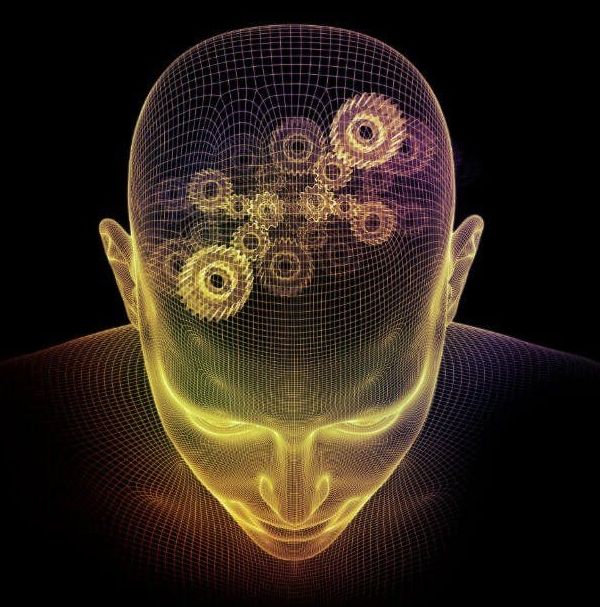
Like most cerebral movies, Ex Machina leaves the conclusion up to the viewer: was Ava actually conscious? In doing so, it also cleverly avoids a thorny question that has challenged most AI-centric movies to date: what is consciousness, and can machines have it?
Hollywood producers aren’t the only people stumped. As machine intelligence barrels forward at breakneck speed—not only exceeding human performance on games such as DOTA and Go, but doing so without the need for human expertise—the question has once more entered the scientific mainstream.
Are machines on the verge of consciousness?

During the last few years, gaming technology has improved considerably, yet there’s been no actual revolution capable of completely changing and improving the gaming ecosystem. However, the introduction of Chimaera, a platform meant to allow game developers to build massive multiplayer online game worlds on top of the blockchain network, could change this.
Disclosure: This is a Sponsored Article
Chimaera’s main purpose is to have millions of players competing against one another in blockchain-based and decentralised virtual realities that run non-stop, and serverless. Apart from this, the platform’s second purpose is to allow the creation of blockchain assets and game currencies that players can securely trade for profit.
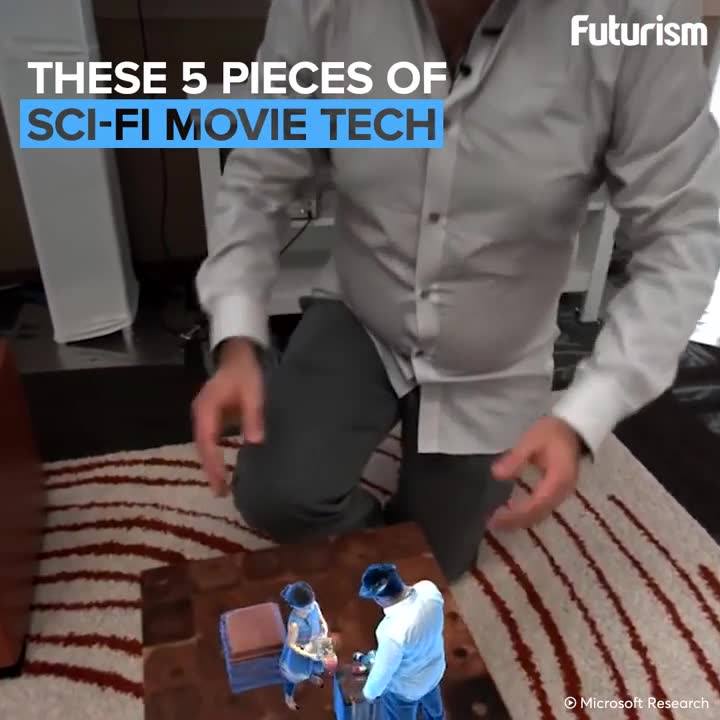
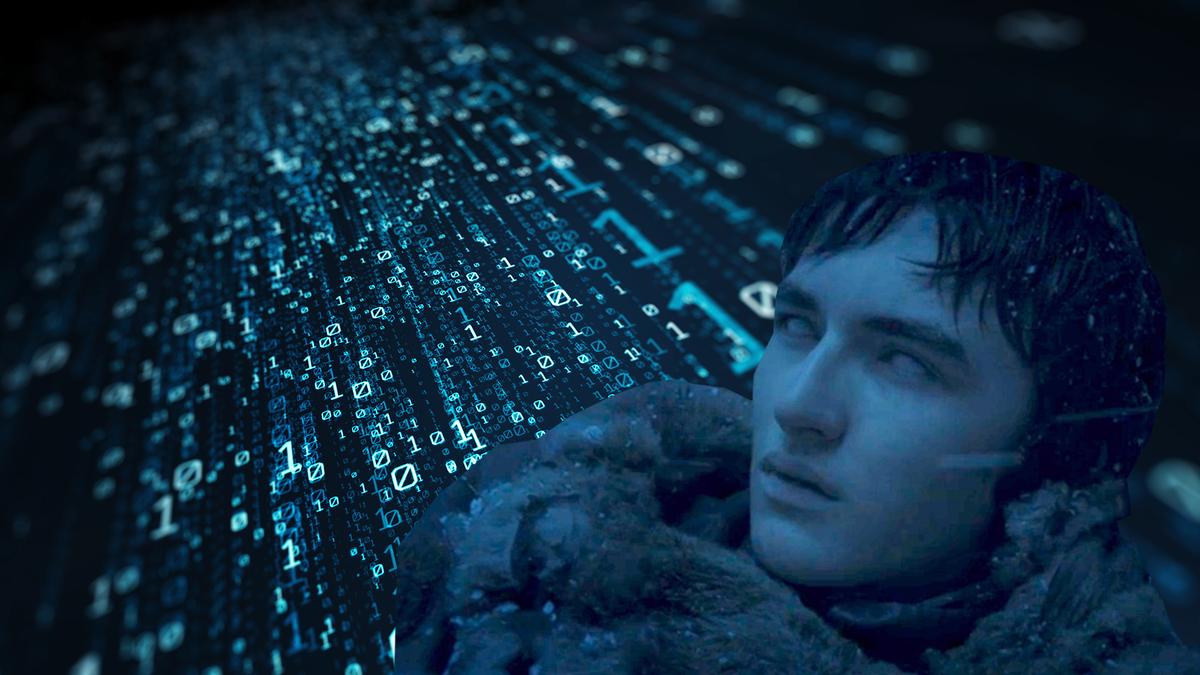
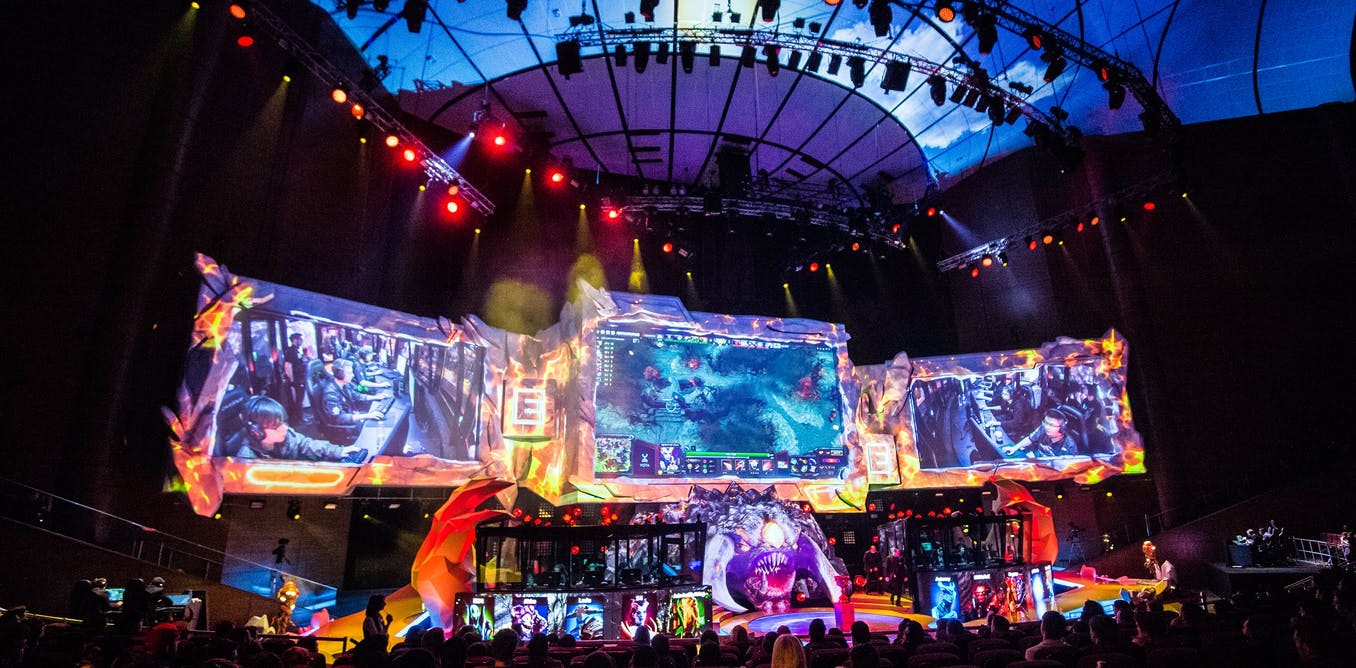
For any AI people out there. I’d really like to see an AI get dropped into Ocarina of Time, and then Skyrim. The day an AI can be dropped into those, and complete the entire games, and go out and complete all the weird random tasks, it should be pretty close to human level.
AI just beat a top human professional in the game Dota 2, but the technology could help with much bigger strategic problems.
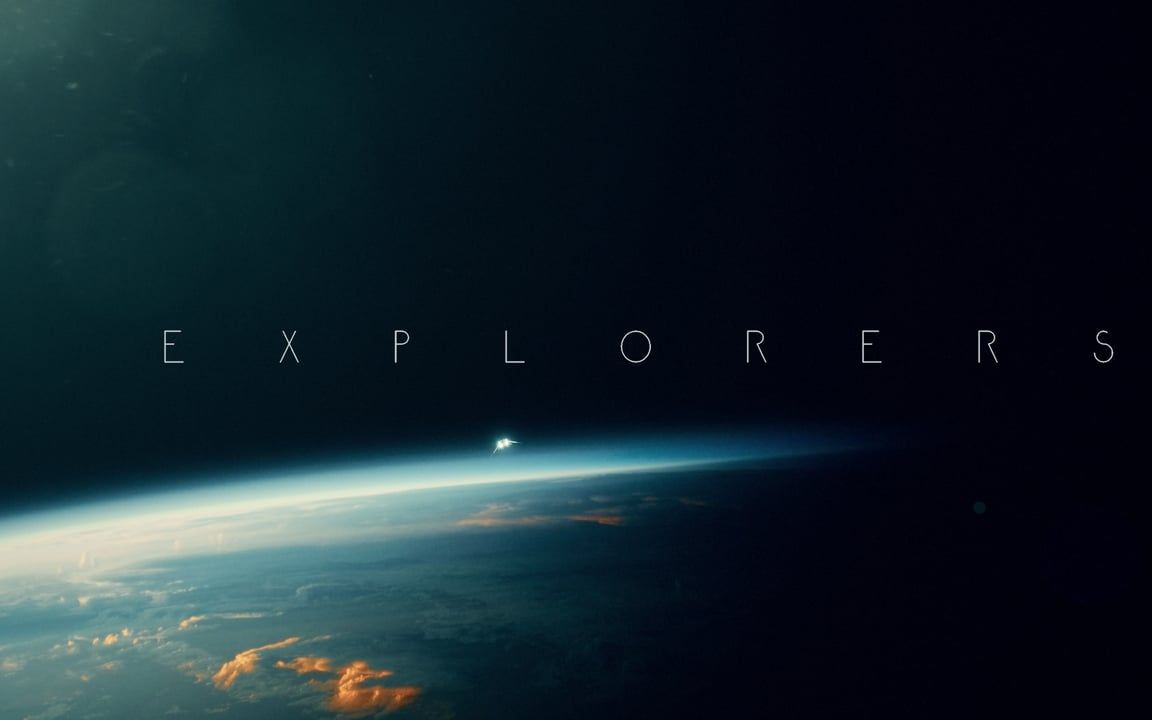
The film is a tribute to science fiction films of my youth and to those real life pioneers that inspire it.
Completed in six weeks and done entirely in Unreal Engine 4. Mainly done for fun, to see if I could put together a decent looking short film using what’s traditionally a games engine.